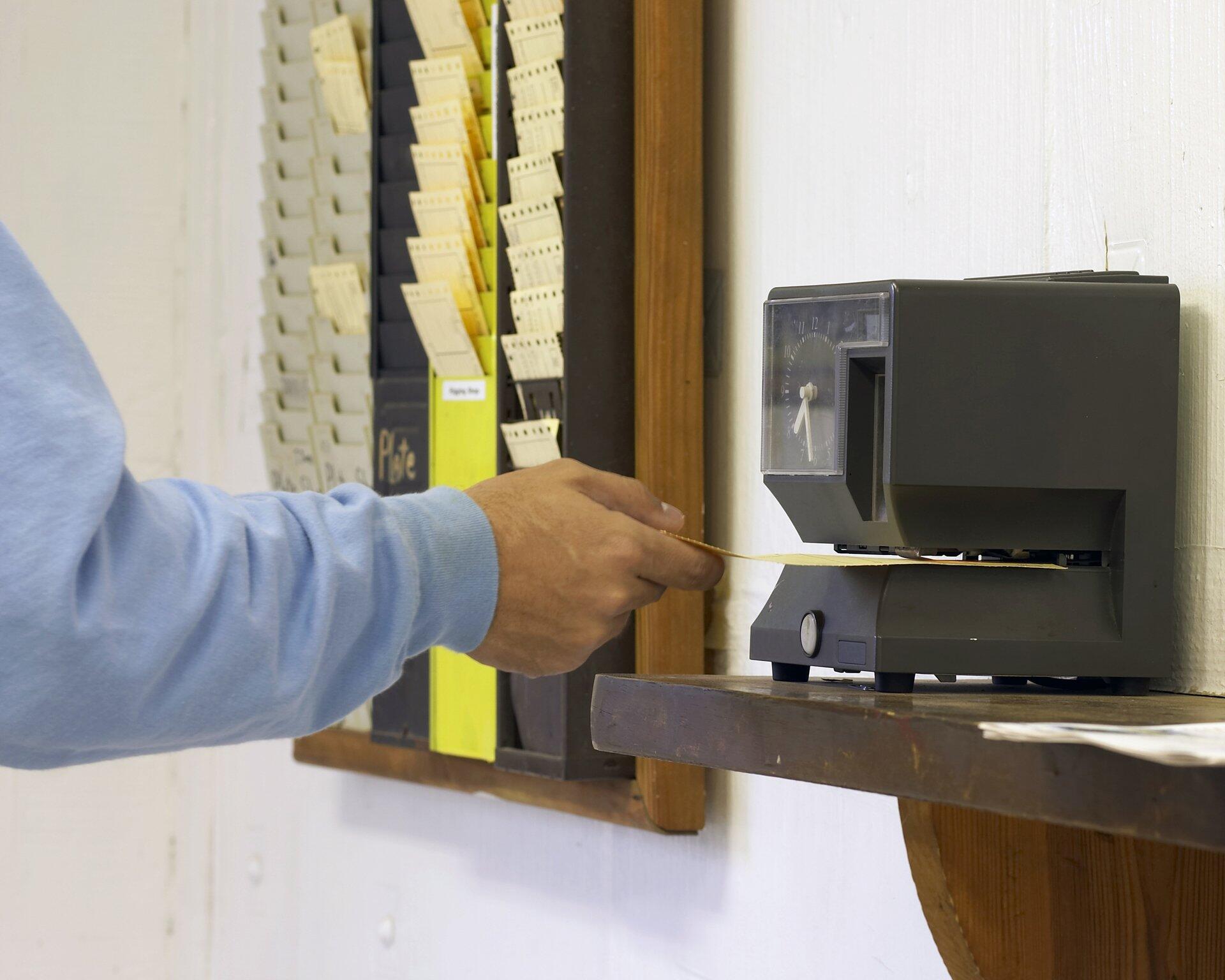It’s Friday afternoon again. And it’s that time of the week when you ask your team to submit their weekly timesheets.
You collate information from each person, and you now have the arduous task of reviewing and checking each record before entering it into a complex spreadsheet.
It takes time, and you have to review the final tally to ensure you haven’t made any mistakes along the way.
Many businesses face this admin overhead, but there is a simple solution. Read on to learn about ten reasons why many employers have switched to web-based time clocks instead.
1. It Provides Support for Remote Working
Remote working has become more popular since the COVID-19 pandemic. But it’s left companies with the challenge of overseeing their workforce when they aren’t in the office.
Time tracking will help you keep accurate data on when your teams are at work. A web-based system is a more convenient way of doing that because your team can access it from anywhere.
So whether they are in a home office, away with clients, or traveling to work, you can log every hour spent.
2. It Provides More Accurate Tracking
Time tracking is most valuable when it’s highly accurate. A web-based system can help you with that.
Manual methods increase the odds of human error. In contrast, web-based software uses automation, so you don’t need to worry about inaccurate information.
That’s important if you use your time tracking for critical business operations like your payroll.
Fewer errors mean happy staff who won’t need to question their payslips, for example, or project managers who can rely on the accuracy of their project spend to date versus budget.
3. It Saves You Money
A web-based time clock saves your company money. Manual tracking and reporting take time and resources, so it’s a potentially expensive use of your people.
When you automate this, it works with minimal input, meaning your staff can refocus their time on other priorities. So, in the long run, it saves you money.
It’s also simple to set up, so you won’t have to spend vast sums setting up a manual system for your company. Plus, better accuracy means you won’t face the cost of errors in your payroll system.
4. It Provides Real-Time Information
Traditional timekeeping often meant gathering data each week, adding it to a report, and viewing summaries. But this has a drawback because it limits your opportunity to resolve time issues promptly.
A web-based system has current data, so you have real-time reporting. You don’t have to wait for a report at the end of the week or month. That helps you to make more informed decisions for your business.
5. You Can Integrate Them With Other Systems
Modern business operations often mean having multiple systems talking to one another.
Having a time-tracking system that can integrate with other parts of your business means you won’t have to spend precious time manually transferring data from one system to another.
It makes your admin more streamlined and helps different teams in your business work better with one another since they’ll have access to the same data.
6. It Helps Teams Stay Accountable
Good time management happens when you track what you do. It makes you accountable for how you use your time, an important quality to look for in your staff.
You can help your teams monitor their time using web-based time tracking. It can help them spot issues and bottlenecks that might hinder them in their working day.
It means you have teams who can continually look for avenues to improve the way they use their time.
7. You Get Detailed Reports
Automated time tracking means you have plenty of data to hand. And that means cutting the data in multiple ways and providing valuable reports.
For example, you could see when people are most likely to request time off for vacation. Or look at your overtime expenditure to see whether you need to make changes. The possibilities are endless.
8. It Helps You Comply With Labor Laws
It’s crucial to ensure your business complies with labor regulations. Failing to do so could land you with charges or litigation.
Time tracking is a vital tool to support you here. For example, you can ensure teams stick to working hours and aren’t breaking those and putting themselves and others at risk.
Long working hours can be an issue in some jobs like operating heavy machinery or medicine.
9. It’s Paperless and More Eco-Friendly
Paper time sheets take up space in your office and aren’t great for the environment. It’s also hard to keep the data secure.
Moving to a paperless system puts your timekeeping on par with other systems in your business, which means fewer offices filled with shelves of files and more online databases.
In an era where many businesses are trying to reduce their office space and embrace remote work, paperless systems are essential. Plus, keeping things off paper is a sensible improvement to your office security measures.
10. It’s Easy and Intuitive to Use
People are used to doing things online. We book holidays, pay bills, and track investments from our browsers. It’s familiar to most people. So you won’t face low take-up rates.
It also means training needs are minimal. Once someone knows how to use the system to track their time, they won’t need much additional support.
So you can focus your team’s training time on other important priorities for your small business.
Time Clocks: Modernizing Your Business
Timetracking doesn’t need to feel cumbersome and admin-heavy. By switching to web-based time clocks, you can make time tracking a breeze and a more tangible benefit to your business.
Why spend time and money tracking manually when you can invest in a system that takes the work away from you – giving you time to focus on other priorities?
If that sounds like it’s the solution for you, your next step is easy. TimeTrakGO has one of the leading web-based time clock solutions on the market. Get a 14-day free trial here to discover the benefits for yourself.





